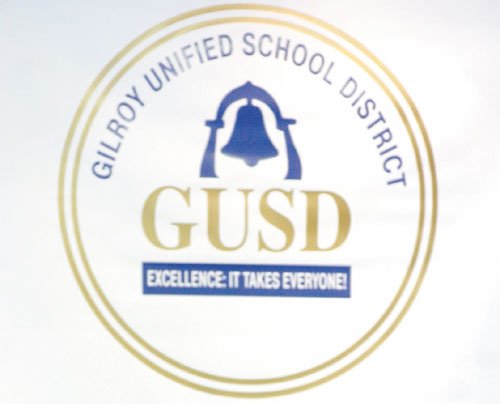The school board is set to approve a resolution aimed at making
its meetings, which routinely stretch for more than three hours,
more efficient and effective.
Gilroy – The school board is set to approve a resolution aimed at making its meetings, which routinely stretch for more than three hours, more efficient and effective.
At a July meeting, the Gilroy Unified School District board of trustees will consider a resolution to revise its bylaws that govern the process of submitting items for its agenda. The changes would cut down the number of requests for information or action referred to district staff for research by having the board vote on the requests first.
“Our board work will become more effective and more efficient as we have a better system for handling requests for items to put on the agenda,” trustee Rhoda Bress said.
Under the current system, a trustee presents a request to the superintendent or the board president. If the request is deemed a board issue, it is referred to the district staff for research.
The proposed system would add an additional step after the screening process. After the superintendent or board president deems the request relevant, it is presented to the entire board at the end of a regular meeting. The board then votes whether they want the request filled.
The new step forces the trustee that made the request to convince other trustees that it is important, trustee Jaime Rosso said
“It forces board members to give consideration, to do a little bit of homework as to what we hope to accomplish,” he said.
In particular, the trustee will have to outline what demands – in terms of hours and cost – the request will put on district staff, Bress said. Also, the trustee must give the expected outcome of the request, so that irrelevant work is minimized and there is a clear goal.
Without this guideline, “staff can be spending inordinate amounts of time on digging up information that may or may not be priorities for the district,” Rosso said.
In addition, as district staff return more focused information in response to more specific requests, board meetings could become shorter, despite the extra time the approval process adds in the short run, he said.
However, the key to a successful meeting or any length is having a process that minimizes irrelevant requests and unnecessary information given by district staff, trustee Pat Midtgaard said at a June 7 board meeting.
“You either control the agenda or the agenda controls you,” she said.















